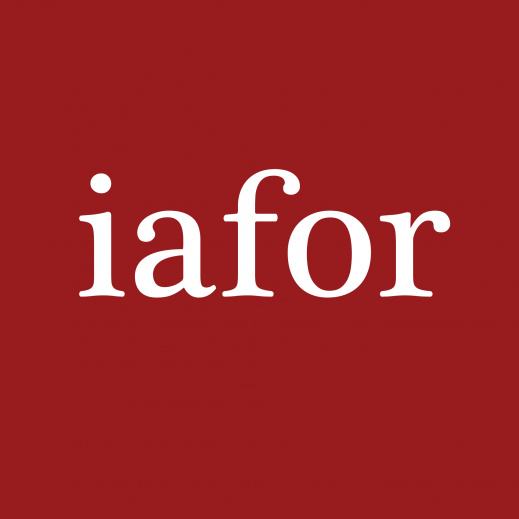In October 2018, Dr A. Landsbergienė read a report on contextual education in Tokyo. Please see a summary of this report below.
Teaching and Learning Uncertainty: May Contextual Education Help in ECE and Elementary Settings?
Context in EC and Elementary setting is especially important: cultural context, family context, and so forth dictates how we organise learning in the Twenty-First Century. We have developed 10 principles of Contextual Education, which have enhanced the teaching and learning process. These principles are:
1) Child-centered Teaching,
2) Contextual Planning,
3) Personalization Through Contextualization,
4) High Expectations,
5) Parental Involvement,
6) Freedom of Expression,
7) Character and Values Education,
8) Contextual Questioning,
9) Encouraging Curiosity
10) Contextual Curriculum.
These are old truths, but the unexpected is a way we see the old through a new lens and how we interpret it. Contextual Curriculum is only a guide for the innovative and creative teacher, because children guide learning. We have observed children become more independent, expressive, and able to take responsibility for their education. We have had challenges. First, teacher training: we have observed that the teacher training system is not preparing future teachers the way we would like. We have founded Teacher’s Academy and train teachers (after they graduate) for at least one year. Second, the attitudes of parents. Parents seem to be divided into two groups: one thinks that ECE isn't necessary; therefore, care suffices. The other has unrealistic expectations. Therefore, we have started educational classes for parents, starting with the most important – DAP. The blend of contextual education, teacher training, and parent education has helped us to develop innovative teaching and learning methodologies that we believe have taken ECE a big step forward, and we're willing to share.
